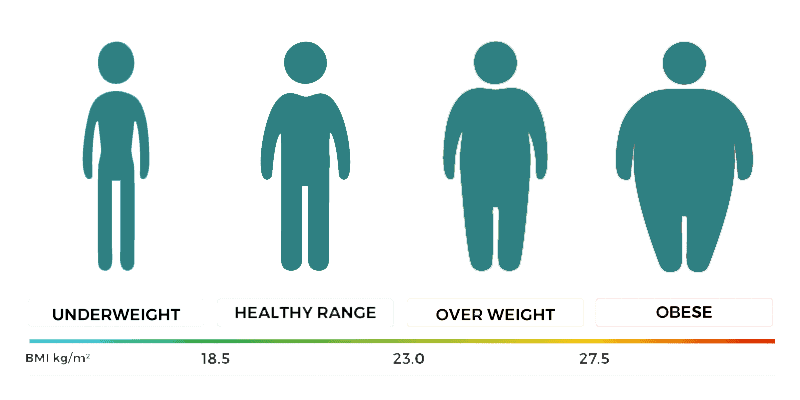DRINKING WATER
Water has no calories and is to be privileged as the first source of hydration when you want to manage your weight.
Preliminary research among overweight adults who are dieting as part of a healthy lifestyle, suggests that drinking water as the first source of hydration would result in weight loss.
Combined with physical activity, drinking water would also help to increase fat oxidation. Intervention studies conducted at school showed that school children who are drinking water as the first source of hydration would stabilize their weight.
Most of the studies looked at the effect of drinking 17 oz serving of water.
- Drinking water increases the amount of calories you burn, which is known as resting energy expenditure.
- In adults, resting energy expenditure has been shown to increase by 24–30% within 10 minutes of drinking water. This lasts at least 60 minutes.
- One study of overweight and obese children found a 25% increase in resting energy expenditure after drinking cold water.
- A study of overweight women examined the effects of increasing water intake to over 1 liter (34 oz) per day. They found that over a 12-month period, this resulted in an extra 2 kg (4.4 lbs) of weight loss. Since these women didn’t make any lifestyle changes except to drink more water, these results are very impressive.
- Drinking 0.5 liters (17 oz) of water results in an extra 23 calories burned. On a yearly basis, that sums up to roughly 17,000 calories — or over 2 kg (4.4 lbs) of fat.
- Several other studies have monitored overweight people who drank 1-1.5 liters (34–50 oz) of water daily for a few weeks. They found a significant reduction in weight, body mass index (BMI), waist circumference and body fat.
- These results may be even more impressive when the water is cold. When you drink cold water, your body uses extra calories to warm the water up to body temperature.





